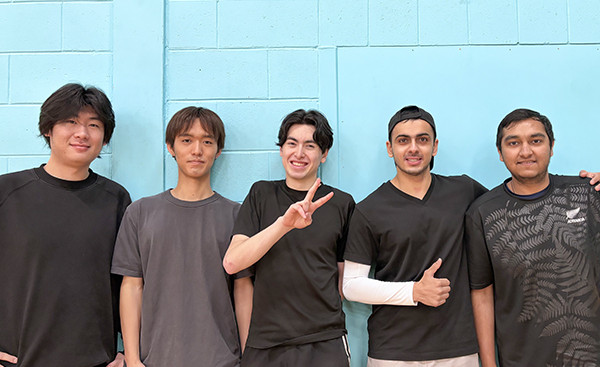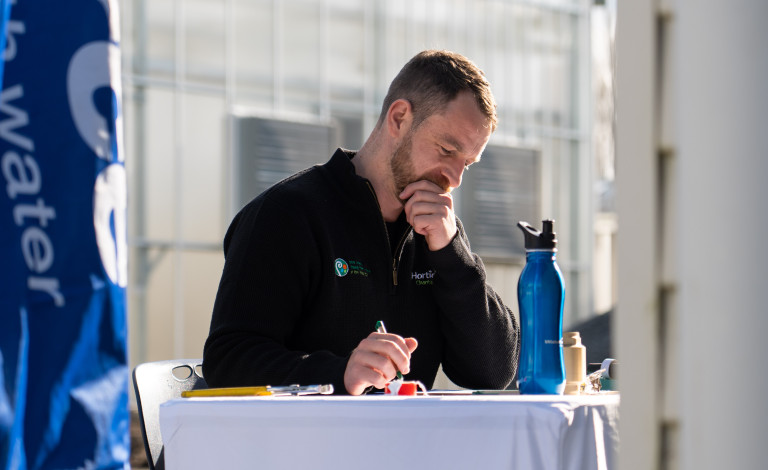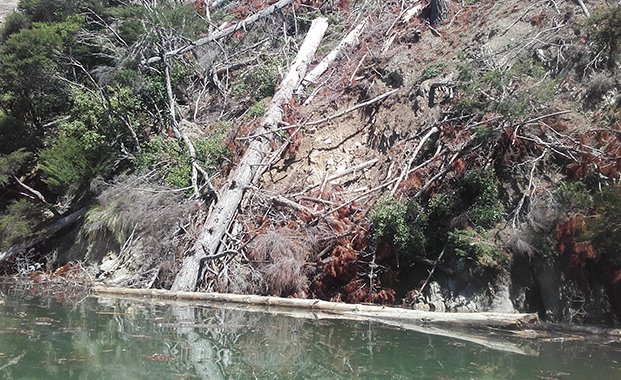The parts or the whole? A question of balance
19 June 2024 | News
In a review recently published in the New Zealand Journal of Agricultural Research (NZJAR), Lincoln University Professors Jon Hickford and Jacqueline Rowarth and two senior agricultural science colleagues are calling for a balance in how we invest in approaches to primary production research.
There is strong debate in the New Zealand science community around how science ‘should be done’, and this has created what the authors of the review suggest is ‘unnecessary division’. The review is both timely and important, because Sir Peter Gluckman is leading a recently constituted Science System Advisory Group to provide advice on how to improve the effectiveness and impact of the science sector in New Zealand.
Jon Hickford explains that “Some people have been saying that science needs to be more holistic – that multi-versality is more important than what we call a ‘reductionist approach’, in which the focus is on the details or parts of a system.” He and his colleagues feel that this is the wrong discussion to be having – that, simply put, both are equally important.
“First of all, some of the challenges we face can't be looked at holistically. For example, our cows and sheep produce a lot of methane. If we’re going to find ways to stop our animals producing as much methane, there needs to be a focus parts that make up the picture – the plants, animals, rumen microbiome, soil, and atmosphere. At the same time, we can't simply have all the detail without considering the big picture,” he says.
This debate is particularly important because it influences how and where New Zealand invests in research. With limited money and time available, it’s essential that funding bodies and policymakers put resources into areas that will make a difference. “As we look at how we fund scientific research, if the balance shifts too far one way or the other, then we might easily compromise what we can achieve. This is important when we're investing taxpayer dollars,” says Jon.
Jon’s sentiment is echoed by his co-authors Stephen Goldson, John Caradus and Jacqueline Rowarth, all of whom have worked in the New Zealand science system for over 40 years. In that respect, their review is not only of contemporary importance, but also a legacy project that expresses the views of four learned voices.
“I’m partially retiring soon, and we are all in a position to look back on long-standing careers. At the same time, we’re looking ahead at the winds of change,” says Jon. “We need to take stock and think carefully about where we chose to go in the future – because we might get the balance wrong.”
The article has touched a nerve. After being published in NZJAR, with a shorter version as a ‘Hot Topic’ on the New Zealand Institute of Agricultural and Horticultural Science website (www.agscience.org.nz), emails started arriving from other scientists, locally and globally, who agreed that this is a conversation that needs to be had.
Jon’s perspective has been shaped by an extensive career in science at Lincoln University. He is an advocate for responsible farming and production, and a long-time, passionate proponent of getting the science right.
“I think Lincoln is doing really well in terms of balance,” he reflects. “There’s recognition that agriculture has an impact and that there needs to be an equilibrium between running a productive economy and minimising the draw on our land and resources. It’s a great university in terms of delivering people that understand the challenge of creating wealth without destroying the resources that create it.”
While Jon is soon to step down from some responsibilities, he’s excited by what the future holds for New Zealand’s next generation of scientists. It is important that scientists themselves have an appropriate say in how scientific research is done.
Investment in horticultural and agricultural science in New Zealand has return of about 17% per annum according to one Treasury report,” Jon says. "We need to understand that the investment is hugely valuable when done well, and that to do it well, scientists must be involved in both the decision-making and finding the best balance between holistic and reductionist approaches."


